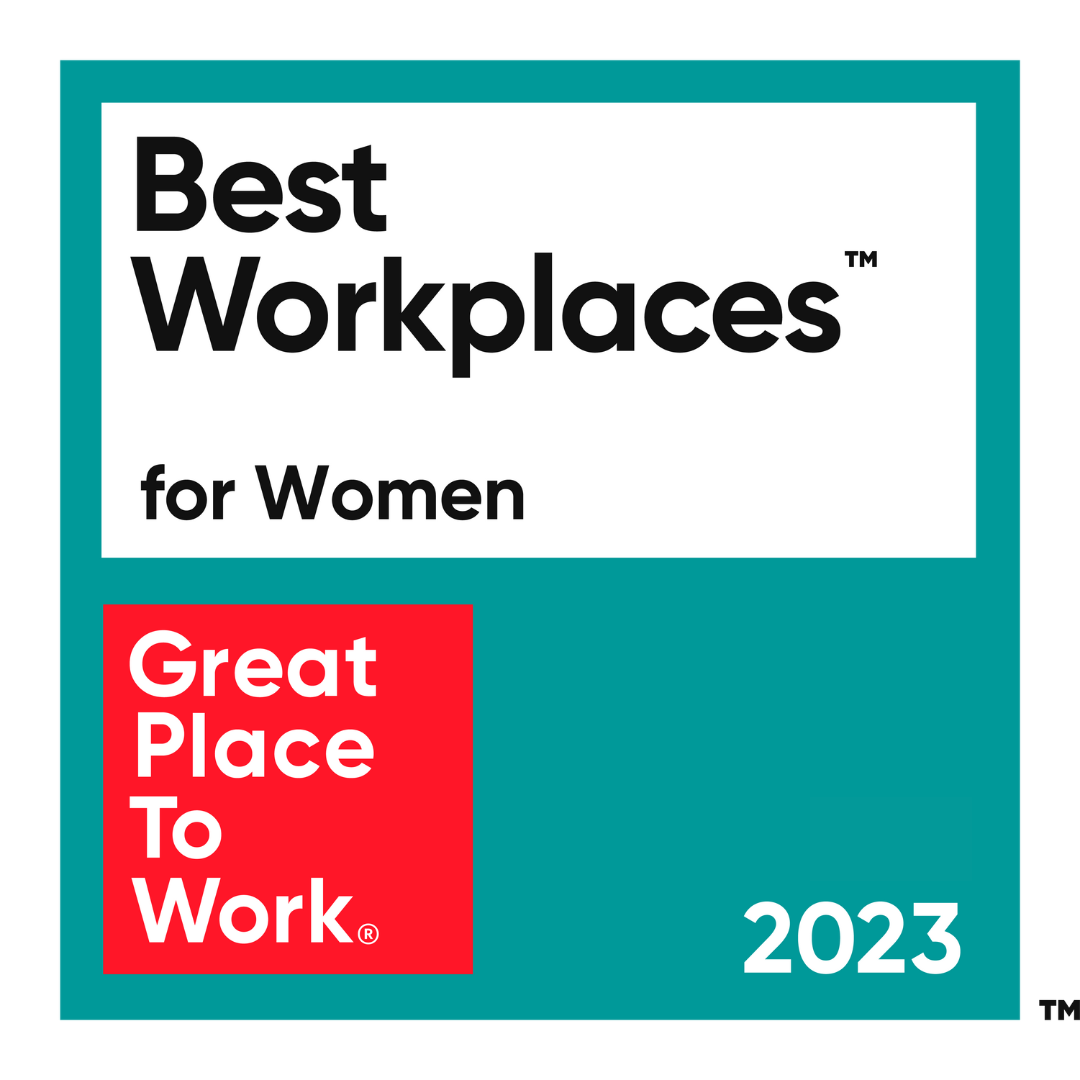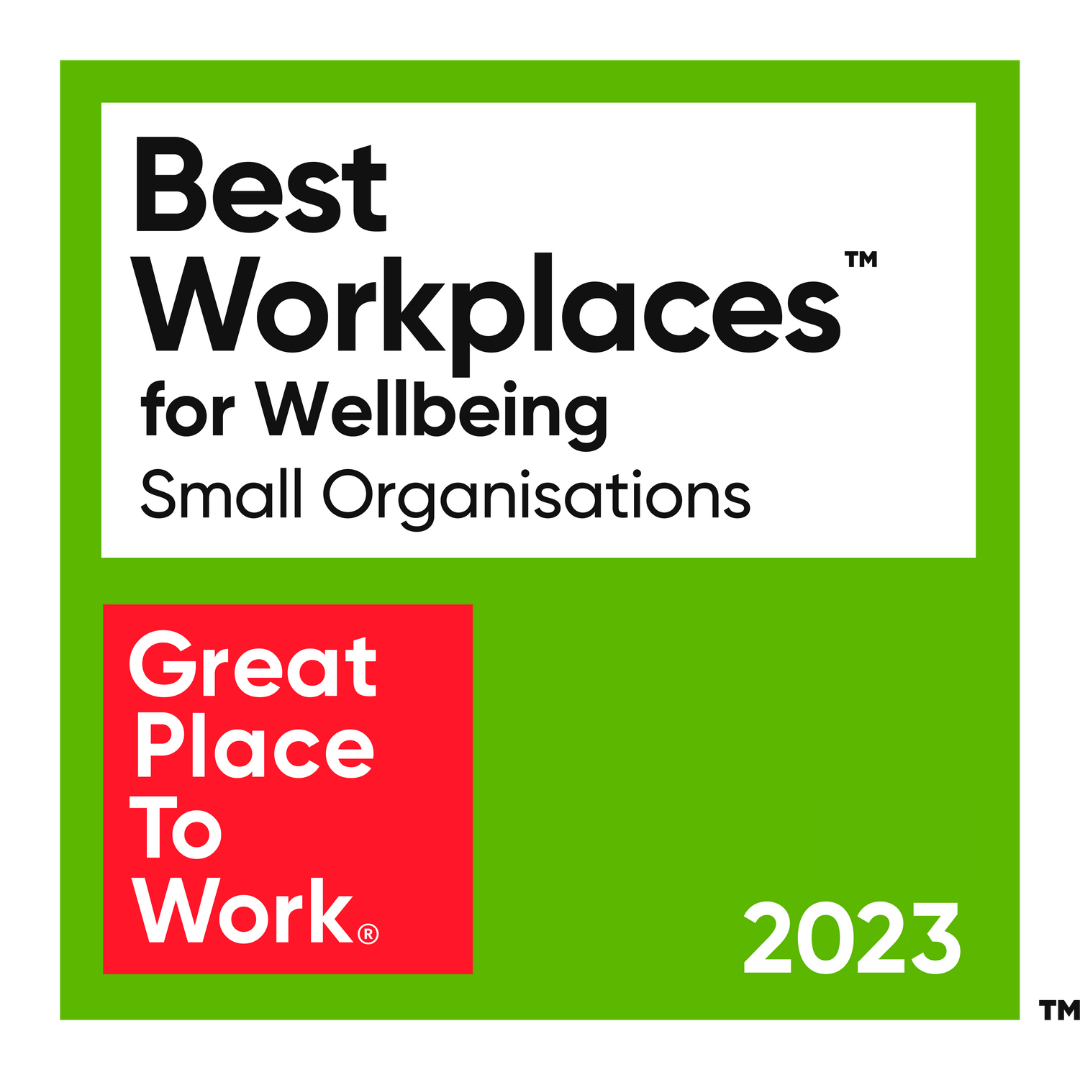Media agencies are right to worry about consulting firms eating their lunch and they are already starting to select what's on the menu.
Accenture Interactive’s purchase of creative agency Karmarama in November 2016 highlighted that their ambitions went well beyond pure consulting and auditing.
They’ve followed that up with the purchase of The Monkeys in Australia in May.
Such moves highlight a long-term push into the sector.
Recent analysis from Redburn shows just how much scale they have acquired in the digital space. It points out that Publicis Sapient is the only one of the world’s five largest digital agencies to be owned by an agency holding company, with PwC Digital Services and Deloitte Digital joining Accenture Interactive and IBM iX in the top five.
But it is their ambitions in media that are raising most concern. Because while the likes of Accenture, IBM, PWC, Deloitte and McKinsey don’t yet buy media directly and some do have clear conflicts in terms of their auditing businesses, they are already having a huge impact on the way advertisers think about media buying and how they select and utilize agency services.
ID Comms has been working increasingly closely with management consultancies in projects with global and regional advertisers, including some media pitches and we have found that these companies can be influential in directing advertisers where the limits of the media agency role might be.
The CEO – not just the CMO – is looking to these trusted companies to advise on digital and marketing transformation and media is increasingly a central part of the change that ensues.
Typically, this has an impact in three areas:
1. Fragmentation of scope
We partnered with one of the major management consultancies to redesign an operating model for media for a global technology advertiser.
The result was an innovative pitch that included alternative solutions (some tech companies, some major advertising platforms, and some management consultants) alongside and incremental to the traditional agency teams.
The client ended up with a very different agency roster with media duties split across different partners, resulting in lower billings and scope for their 'traditional' media agency.
2. In-house considerations
A global FMCG advertiser engaged one of the 'big four' to explore opportunities of bringing some of their media services in-house. This resulted in the advertiser building internal capabilities, investing in new process and talent and reducing the scope of the agency’s work.
The same firm was asked to manage the tendering process to find the suppliers, and even evaluated the agencies’ proposals.
3. The road map for the future
A global fashion brand has asked ID Comms to perform a global assessment and benchmarking of the company’s capabilities and competence in media.
This was an extension of a marketing transformation strategy developed by a leading management consultant and is likely to lead to an evolution of its relationships with traditional media agencies into a roster that splits duties across different partners.
All three trends are long-term and will take time to feed through the chain at any scale.
However, it’s clear that it’s already having a financial impact. Pivotal Research analyst Brian Wieser points out that while it’s difficult to identify the scale of growth of the consultancies, they are now taking around 7.5% of the ad industry’s total revenue in the US and impressively growing more than ten times faster than the industry as a whole.
It’s hard for media agencies to compete with the clout of the management consultancies. Their links up the chain allow them to set the agenda and influence the highest decision-makers, the CFO and the CEO.
If agencies are to resist this onslaught then they will need all the connections that the likes of Sir Martin Sorrell, John Wren and Maurice Levy can muster.
Allowing their highly profitable media activities to be redesigned and redrawn by these consulting companies, who have never previously bought media would be a long-term strategic mistake. And potentially even more dangerous than simply having to pitch against them.
The first test is likely to be hanging on to the top agency talent when the consultancies come seeking the new people they need to lead the charge.
If agencies lose that fight then their lunch could end up being very thin gruel.
To learn more about ID Comms Media Agency Pitch, click here.
This article was originally published on Campaign on 5 July 2017.






COMMENTS